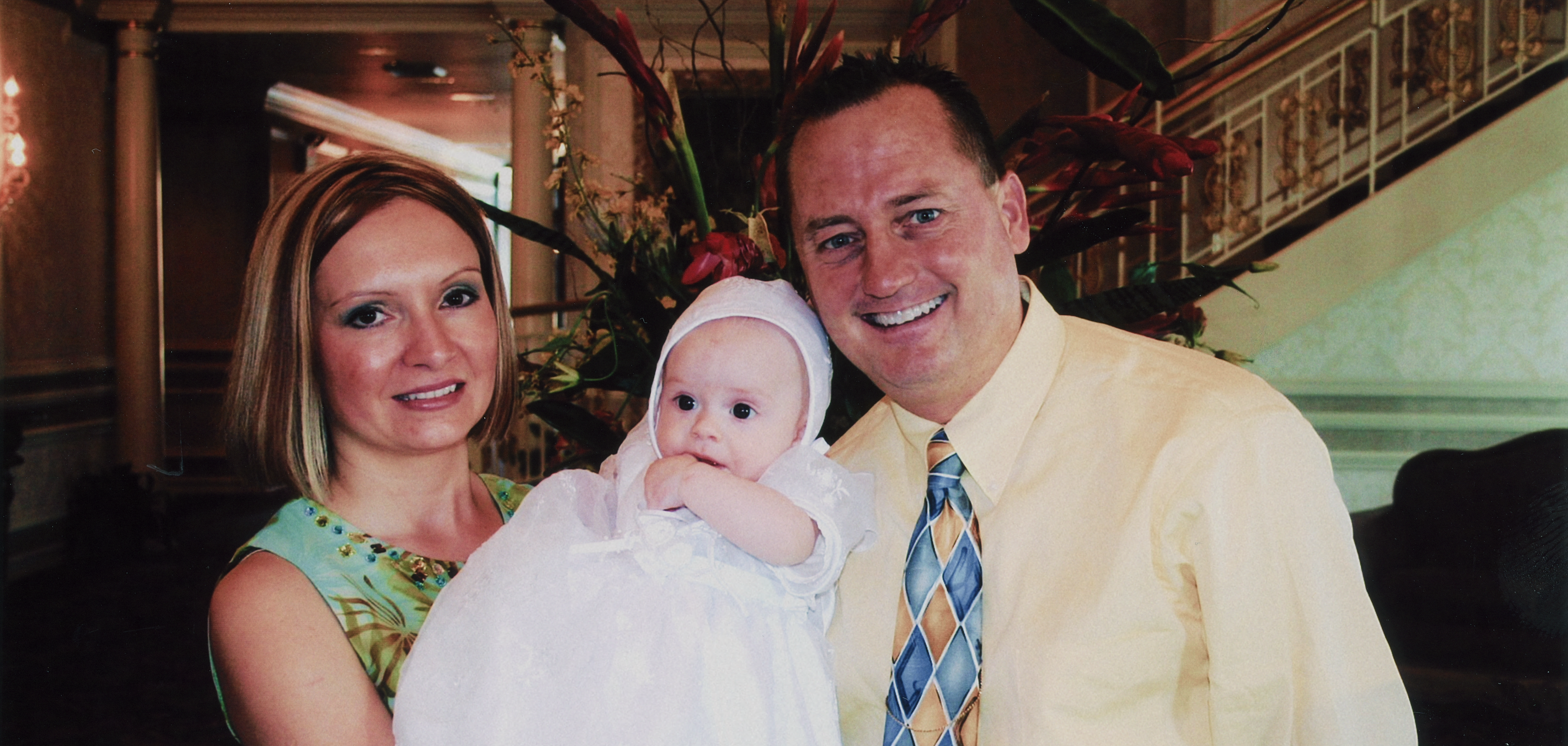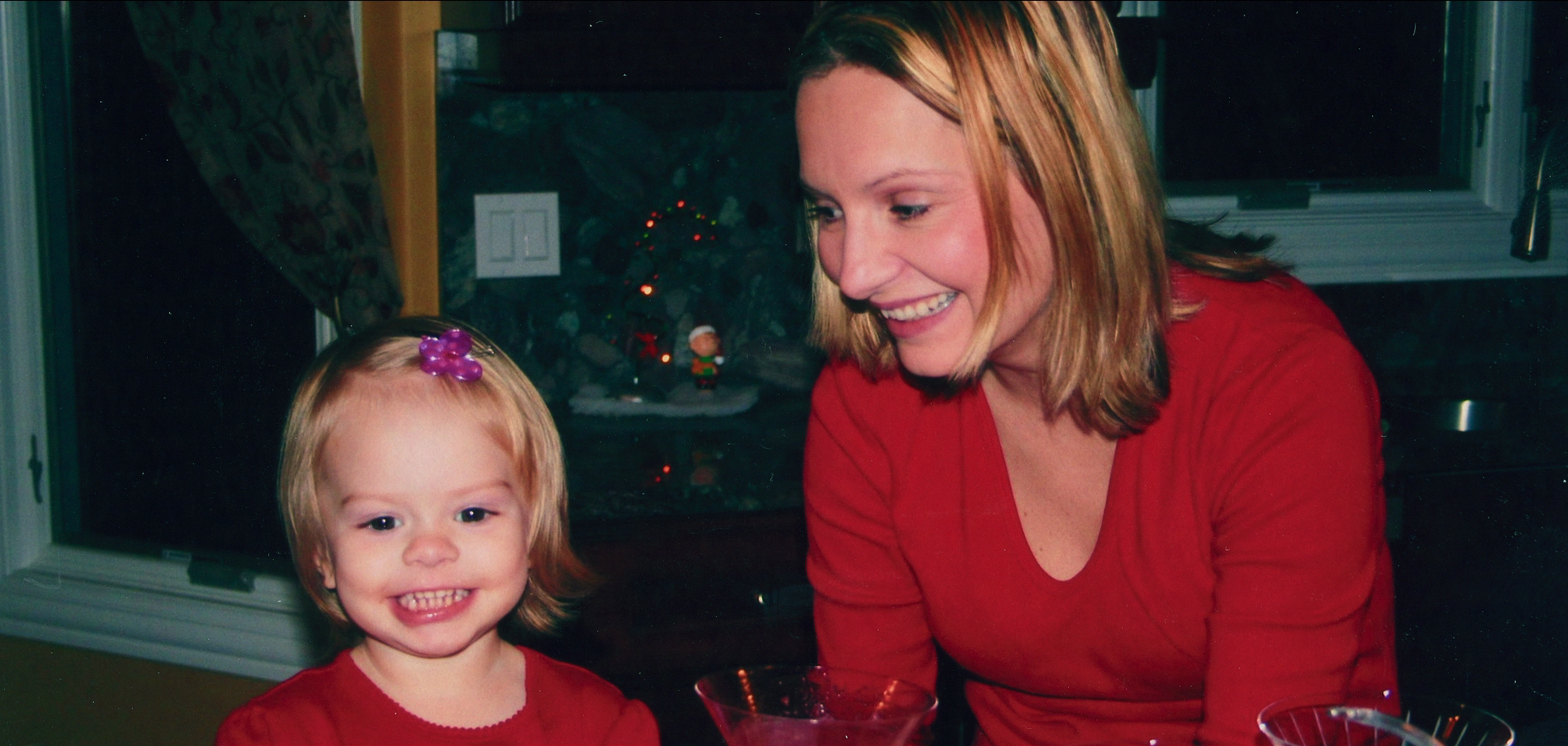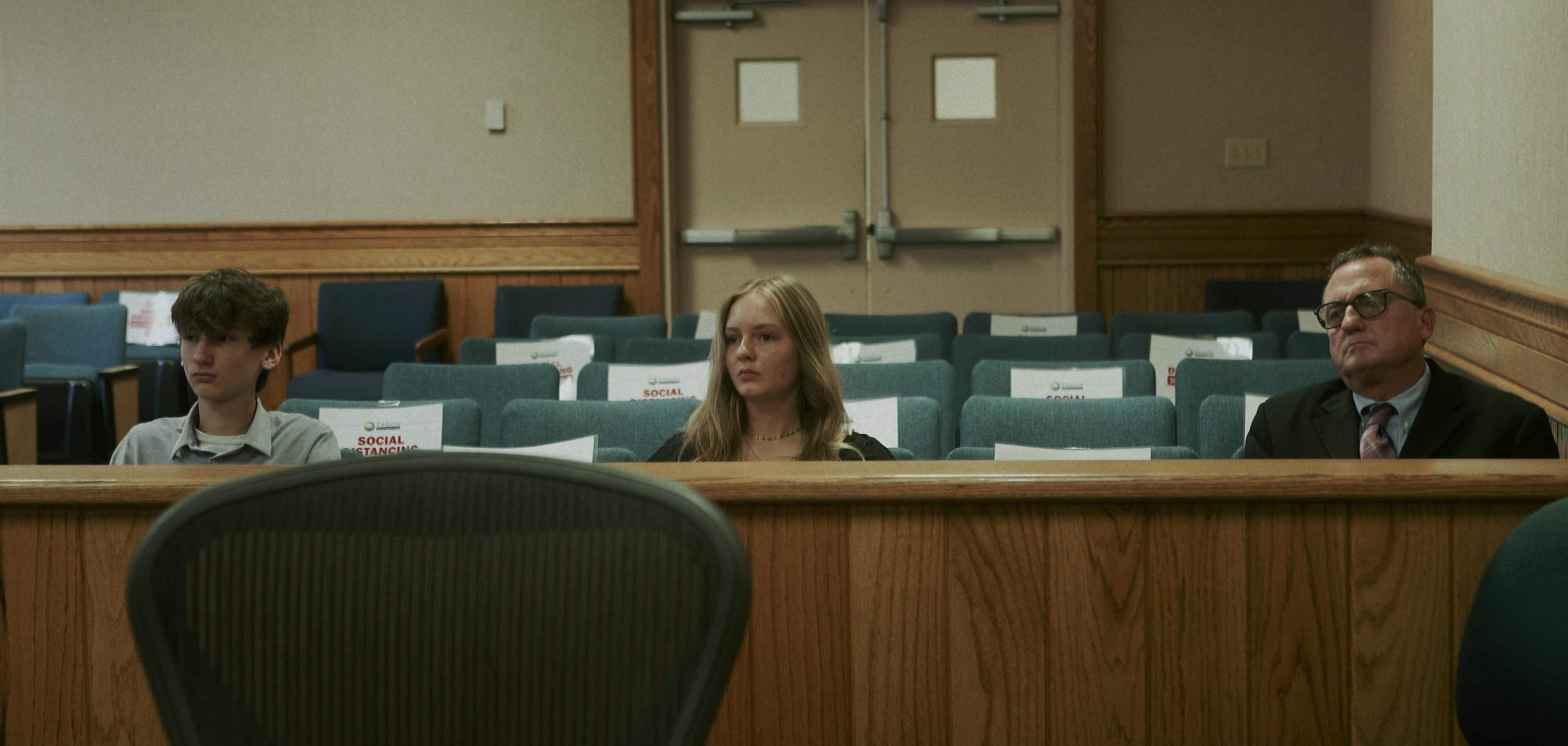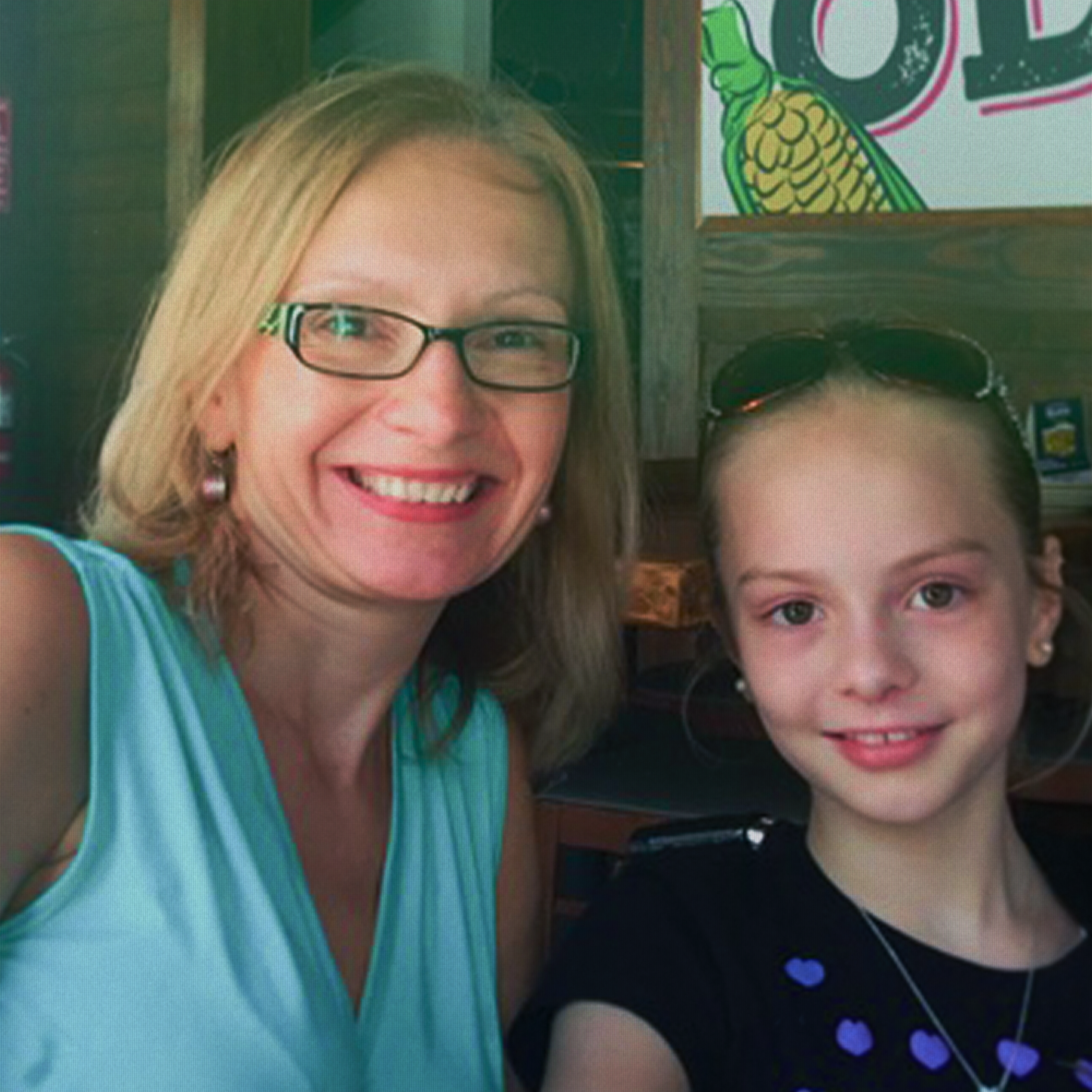Maya Kowalski’s name may not ring a bell, but her gut-wrenching story is now known to millions – the subject of a hit Netflix documentary detailing the harrowing injustices inflicted upon this young Florida girl and her family. Take Care of Maya Kowalski chronicles the Kafkaesque nightmare that enveloped an ordinary American family after 9-year-old Maya Kowalski began exhibiting mysterious and frightening symptoms.
What followed is almost too shocking to believe: false allegations of abuse, forced separation of a loving family, and a mother’s suicide. This is the heartbreaking true story behind the sensational headlines about Maya Kowalski. Thanks to the power of film, Maya Kowalski now has a voice to tell the world what really happened to her and why we all should care.
Maya Kowalski’s Mysterious Symptoms Strike
 In 2015, Beata and Jack Kowalski first noticed puzzling and alarming changes in their previously healthy 9-year-old daughter, Maya Kowalski. The outgoing, athletic child began suffering severe and debilitating symptoms including excruciating headaches, shooting pains in her legs, and increasing difficulty walking. Her legs twisted inwards unnaturally. Extensive medical evaluations failed to uncover any clear cause for her precipitous decline. Utterly confused and increasingly frantic, the Kowalskis sought answers from specialist after specialist.
In 2015, Beata and Jack Kowalski first noticed puzzling and alarming changes in their previously healthy 9-year-old daughter, Maya Kowalski. The outgoing, athletic child began suffering severe and debilitating symptoms including excruciating headaches, shooting pains in her legs, and increasing difficulty walking. Her legs twisted inwards unnaturally. Extensive medical evaluations failed to uncover any clear cause for her precipitous decline. Utterly confused and increasingly frantic, the Kowalskis sought answers from specialist after specialist.
A Rare Diagnosis Brings Treatment and Brief Relief
Finally, the family turned in desperation to Dr. Anthony Kirkpatrick, a leading anesthesiologist and expert in the perplexing condition known as complex regional pain syndrome (CRPS). After examining Maya Kowalski, Dr. Kirkpatrick diagnosed her with advanced CRPS, a little-understood nervous system disorder causing severe burning pain.
 He noted her “lesions, this burning sensation in her legs, in the pain throughout her entire body” and said Maya Kowalski’s case was among the most severe he had encountered in over 3,000 CRPS patients. Dr. Kirkpatrick prescribed ketamine infusions to treat Maya Kowalski’s agonizing pain. Though controversial and unapproved for children, this treatment initially helped, allowing Maya to return to school and resume many normal childhood activities for a time. Her relieved parents believed they had finally found answers.
He noted her “lesions, this burning sensation in her legs, in the pain throughout her entire body” and said Maya Kowalski’s case was among the most severe he had encountered in over 3,000 CRPS patients. Dr. Kirkpatrick prescribed ketamine infusions to treat Maya Kowalski’s agonizing pain. Though controversial and unapproved for children, this treatment initially helped, allowing Maya to return to school and resume many normal childhood activities for a time. Her relieved parents believed they had finally found answers.
A Downward Spiral into False Accusations and Loss of Custody
 But in late 2016, Maya suffered a painful relapse while Hurricane Matthew battered Florida. Her increasingly concerned father rushed her to the ER at Johns Hopkins All Children’s Hospital in St. Petersburg. When Beata arrived and firmly insisted Maya urgently needed higher ketamine doses to control her pain, staff accused her of deliberately overmedicating her child. Instead of heeding the parents’ pleas for proper treatment, hospital workers contacted child welfare services. Investigator Dr. Sally Smith barred Beata and Jack from any contact with their daughter.
But in late 2016, Maya suffered a painful relapse while Hurricane Matthew battered Florida. Her increasingly concerned father rushed her to the ER at Johns Hopkins All Children’s Hospital in St. Petersburg. When Beata arrived and firmly insisted Maya urgently needed higher ketamine doses to control her pain, staff accused her of deliberately overmedicating her child. Instead of heeding the parents’ pleas for proper treatment, hospital workers contacted child welfare services. Investigator Dr. Sally Smith barred Beata and Jack from any contact with their daughter.
Despite Maya’s distraught appeals to see her mother and Dr. Kirkpatrick’s staunch defense of the family’s care, the hospital continued detaining Maya. Child welfare advocates wrongly insisted her baffling symptoms must be due to “medical child abuse” by her parents making her ill.
A System’s Failings Lead a Mother to Suicide
 The Kowalskis desperately fought in court to regain custody of Maya and counter the unfounded abuse allegations. But the system seemed stacked against them. Beata remained barred from any contact with her anguished daughter despite Maya’s pleas to see her mother. Shortly after a judge callously denied Beata’s simple request for a brief Christmas hug with her child, the tormented mother took her own life in the family’s garage.
The Kowalskis desperately fought in court to regain custody of Maya and counter the unfounded abuse allegations. But the system seemed stacked against them. Beata remained barred from any contact with her anguished daughter despite Maya’s pleas to see her mother. Shortly after a judge callously denied Beata’s simple request for a brief Christmas hug with her child, the tormented mother took her own life in the family’s garage.
Maya was finally returned home, but irreparable damage was done. “None of us can get that hug back now. That hug is gone,” lamented the family’s attorney Debra Salisbury. The Kowalskis sued the hospital and child welfare contractor for false imprisonment, battery, emotional distress and wrongful death.
Seeking Justice and Change Through Heartbreaking Testimony
At the recent trial, a teenaged Maya gave wrenching testimony about her separation from her beloved mother. “It’s very difficult to understand what went through Beata’s mind, thinking that was the only way to get her daughter out,” Maya’s father Jack told filmmakers. “I have anger here and there. It is so difficult to try to play both roles. In as much as you try, you cannot replace their mother.” The jury awarded the plaintiffs millions in damages. But no amount of money can undo the profound trauma inflicted by a system that failed them. The family hopes their bold stand will prompt reforms to prevent similar injustices against innocent families.
Deep Systemic Flaws Exposed
The Kowalskis’ tragic story, captured in the Netflix documentary Take Care of Maya, exposes alarming flaws and overreach in healthcare and child welfare practices. Hasty abuse charges based on scant evidence can strip families of their rights. Reasonable parental demands for proper diagnosis and medical care for their children can be misinterpreted as danger signs of abuse. Oversight and accountability are sorely lacking. Children can be detained indefinitely despite no evidence of wrongdoing. The emotional toll on families is enormous.
Beata Kowalski’s Foresight Brings Change
Ironically, it was Beata Kowalski’s own thorough medical knowledge and meticulous record-keeping that enabled the lawsuit exposing systemic failings. “If she hadn’t taken such an aggressive approach, we couldn’t have sued,” said attorney Gregory Anderson. Her detailed notes provided critical evidence of misconduct. Other parents praised Beata’s dogged focus on Maya’s care. “This young girl, Maya, represents hope for all of us,” one mother said. Though Beata did not live to see it, her determination sparked legal action and reforms that may prevent future injustices against innocent families failed by the system.
A Family’s Perseverance Offers Hope for Change
No child or family should endure state-sanctioned abuse in the name of health and safety. By shining a harsh light on a broken system through their wrenching personal story, the Kowalskis seek justice for those it has harmed and positive change for the future. Their love and perseverance in the face of unspeakable tragedy and callous indifference is a powerful testament to the human spirit. The Kowalskis’ bold stand serves as an inspiration to never stop fighting for justice. Their remarkable courage offers hope to all families failed by a system in dire need of reform.












Comments 3